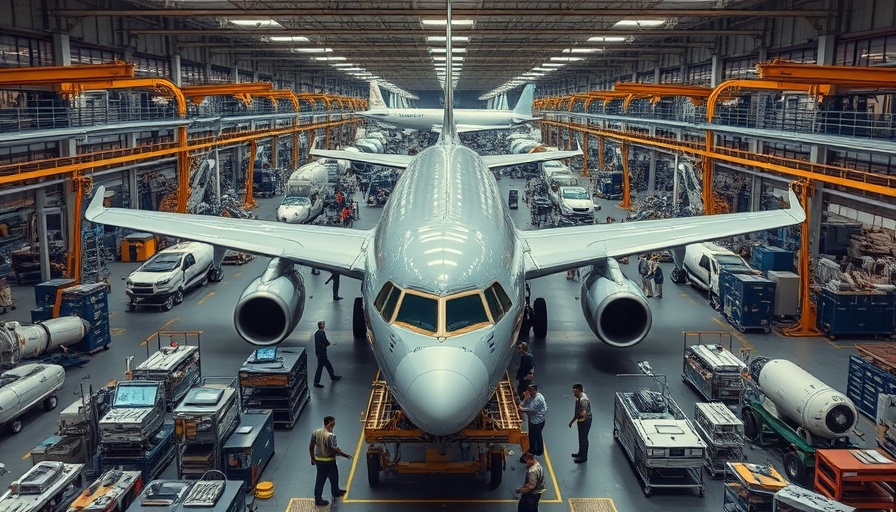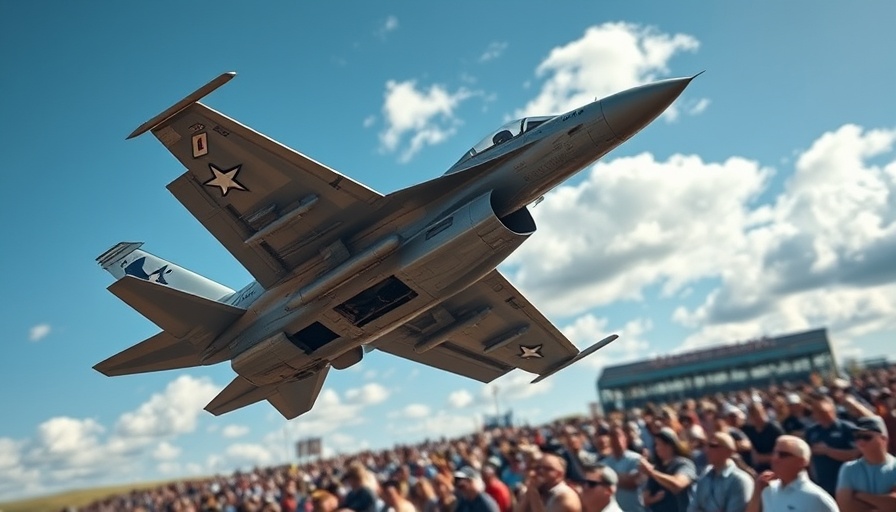
The Dangers of an Arms Race
As tensions between the U.S. and China rise, the dialogue around military spending and capabilities intensifies. Critics argue that prioritizing a military arms race, particularly in nuclear weaponry, may not lead us to a safer world. Instead, evidence suggests that a militaristic approach could provoke more threats, potentially escalating conflicts rather than preventing them.
Rethinking Military Spending
The fiscal disparities between the U.S. and China’s defense expenditure are notable; the U.S. spends about two and a half times more than China. Yet, this does not equate to an automatic safety net for Americans. Defense analyst Dov Zakheim highlights that addressing perceived threats by increasing military budgets may not yield the desired security. Perhaps, it’s time for policy makers to rethink how we can best utilize our resources toward diplomatic solutions instead.
The Nuclear Threat: A Global Perspective
China’s growing nuclear arsenal poses a challenge, but the response should not be in-kind escalation. It’s critical to recognize the broader implications of nuclear proliferation; a modest exchange could endanger billions. A study from Rutgers University underscored this severity, indicating that a mere 100 nuclear detonations could result in starvation and widespread casualties globally. The focus must shift from stockpiling to disarmament and diplomacy to avoid risking humanity's future.
Diplomacy Over Military Might
Ultimately, the key to security lies not in building up arms but in fostering communication and understanding. The Pentagon’s drive to develop new nuclear capabilities represents a misguided priority, especially when historical context shows that successful conflict resolution stems from dialogue rather than military might. As nations grapple with these existential challenges, prioritizing diplomacy may indeed offer us a more secure path forward.
 Add Row
Add Row  Add
Add 




Write A Comment